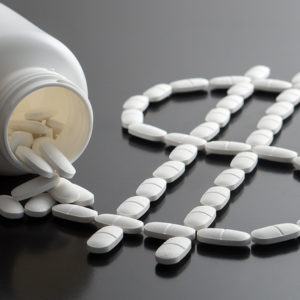Our non-profit organization represents people with bleeding disorders and their families throughout New Hampshire. We are dedicated to improving the quality of their lives, and the high price of prescription drugs, particularly specialty drugs upon which our patients rely, is having a significant toll on these families.
It doesn’t have to be this way. We can and must reduce the cost of prescription medications, It can be done relatively easily by eliminating middlemen cost escalators that substantially increase the cost of medication beyond the manufacturer’s pricing.
It’s paramount for patients and policymakers to understand and examine the role middlemen play in the medicine pipeline, especially pharmacy benefit managers (PBMs). PBMs should play an important role in our healthcare system and be working to keep the price of prescription medications down. However, they put profits over patients and are substantially contributing to the increase of medications by not passing on negotiated drug rebates from drug manufacturers back to patients.
The Berkeley Research Group (BRG) released a study in January that documented that PBMs and other middlemen now consume more than $.50 of every dollar spent on brand medicines. President Joe Biden focused on the price of insulin in his State of the Union address, but he failed to mention that more than half of insulin expenditures are going to PBM middlemen, according to a recent USC Schaeffer Study.
Importantly, we have seen some initial policy changes implemented by regulators as they learn more about how the medicine supply chain operates. Yet, if protecting patients from overpaying for prescription medications is the goal, those reforms still fall short. Our elected officials need to take a hard look at the role PBMs play in driving up the cost of prescription medicine, particularly making sure they are returning prescription drug rebates to the patient instead of lining their pockets.
As out-of-pocket costs for treatments like hemophilia and many other groups continue to increase, the patient advocacy community continues to worry about the hoarding of medications, where patients stretch out their scheduled prescription drug regimen, instead of taking it as prescribed. Increasing gas prices and rising inflation will only exacerbate this unhealthy and dangerous practice. I urge regulators and our political leaders to consider the roles PBMs and insurers play in driving up drug costs and include them in any meaningful drug pricing reform debates or legislation. American patients need relief, and these middlemen are doing nothing to help the cause.





